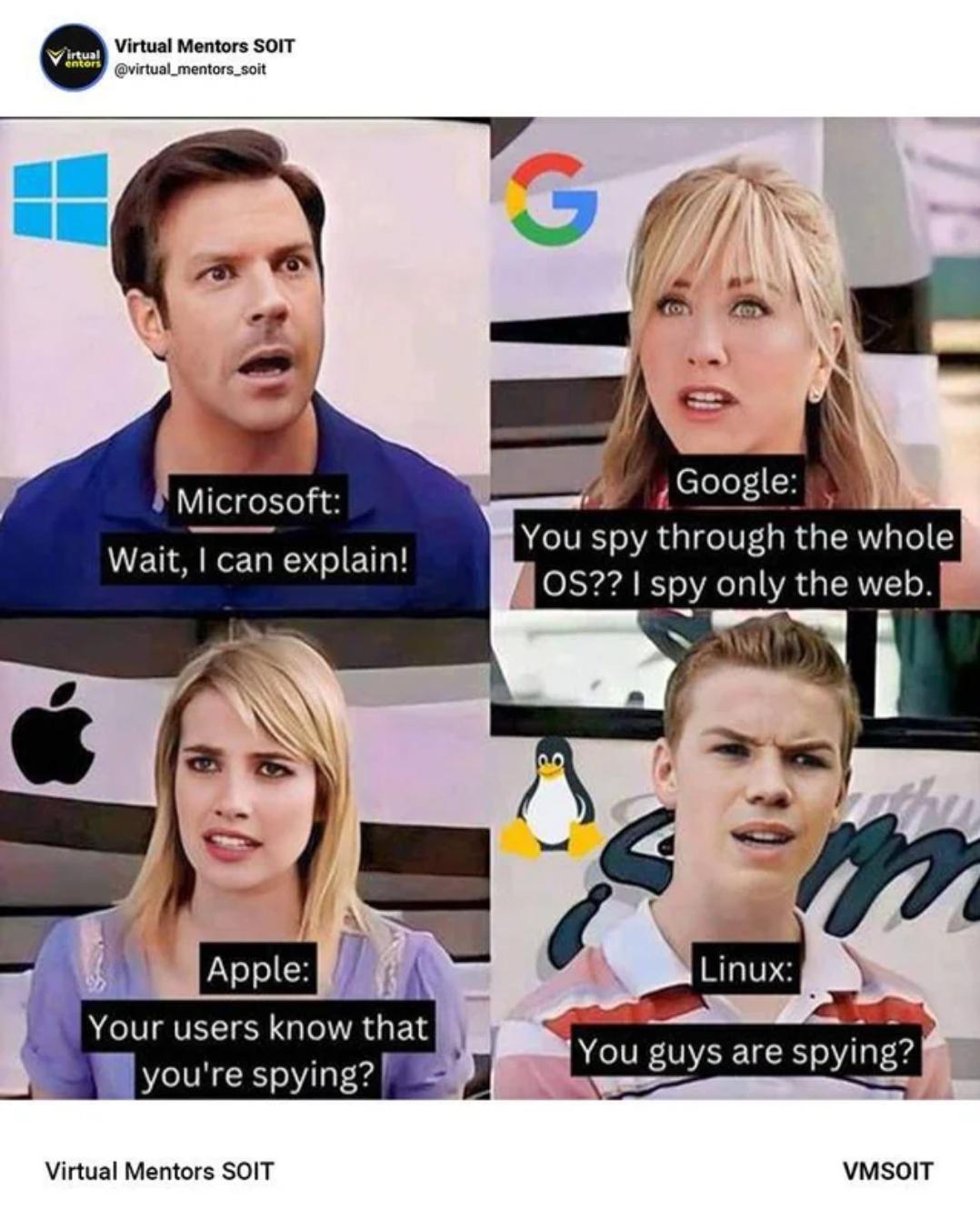HTTP 418: I'm a teapot
The server identifies as a teapot now and is on a tea break, brb
HTTP 418: I'm a teapot
The server identifies as a teapot now and is on a tea break, brb
Apple Memes
Apple: where ecosystem lock-in is a feature, not a bug, and your wallet gets lighter with every product announcement. These memes celebrate the tech giant that turned minimalism into a religion and dongles into a profit center. If you've ever defended your purchase of a $999 monitor stand, explained why you need the latest iPhone despite having last year's model, or felt the special joy of everything syncing perfectly across your many Apple devices, you'll find your fellow devotees here. From the satisfying click of an AirPods case to the existential crisis of deciding between Space Gray and Silver, this collection captures the beautiful contradiction of loving products from a company that simultaneously innovates and removes features you actually used.

 AI
AI
 AWS
AWS
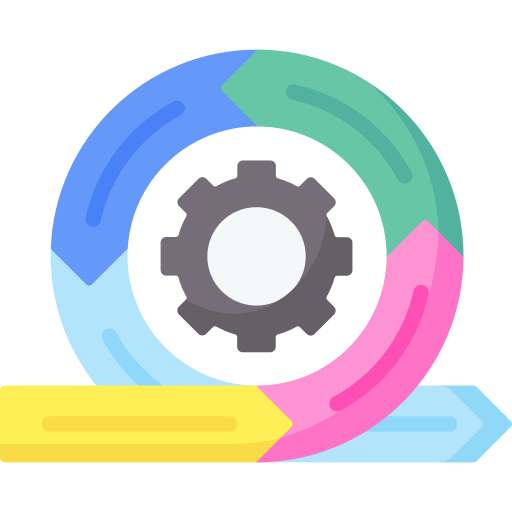 Agile
Agile
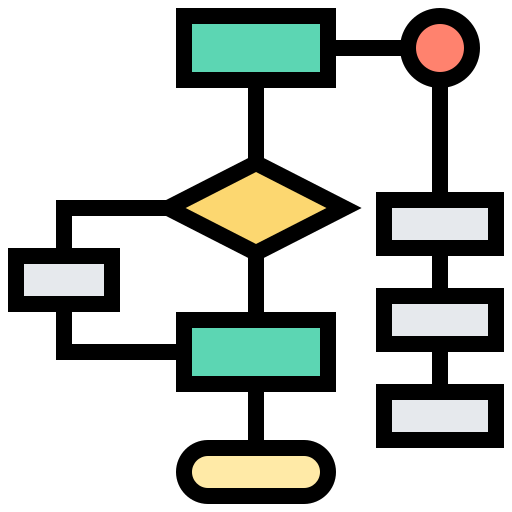 Algorithms
Algorithms
 Android
Android
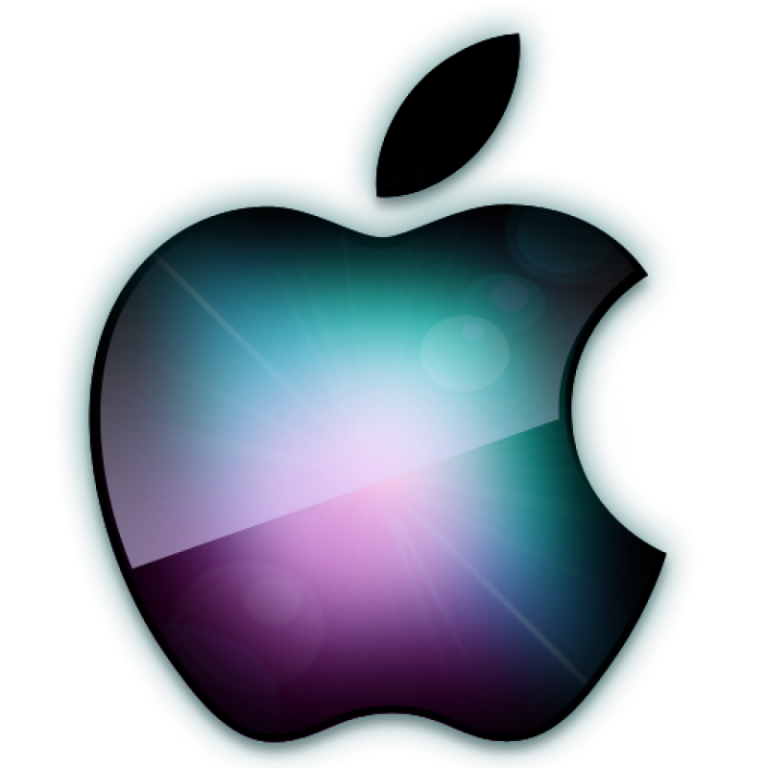 Apple
Apple
 Bash
Bash
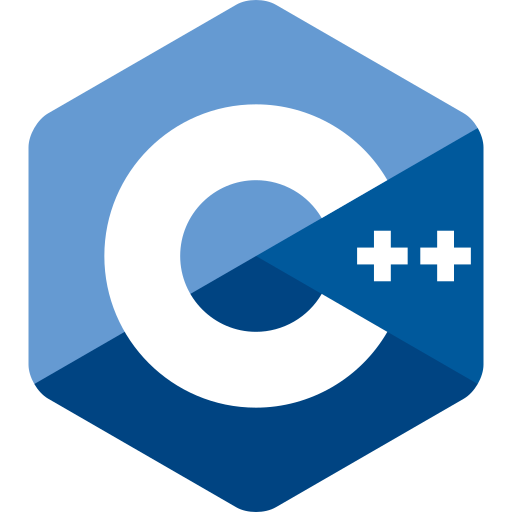 C++
C++
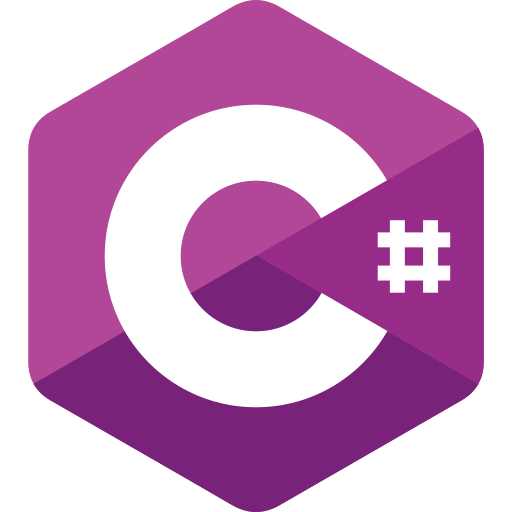 Csharp
Csharp
